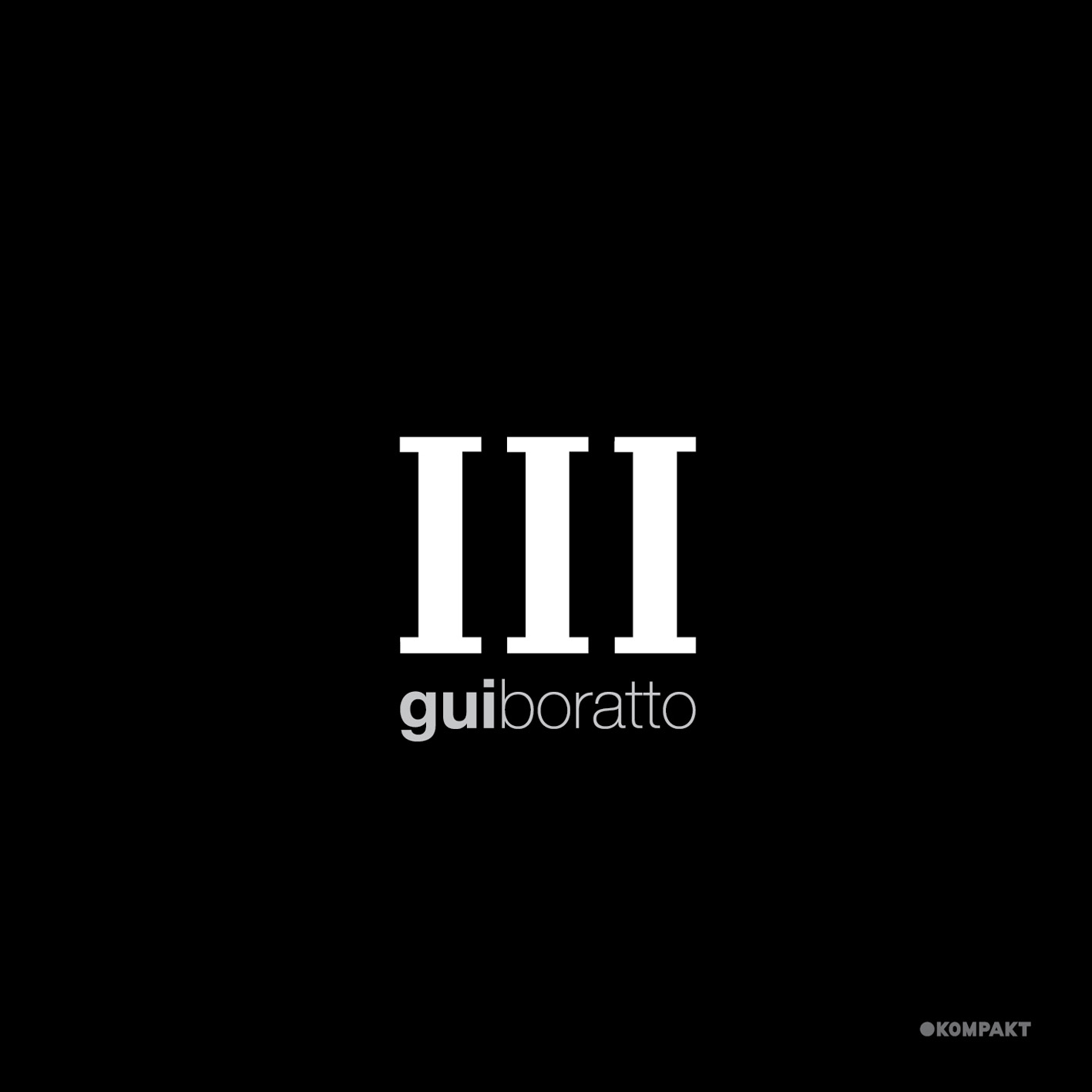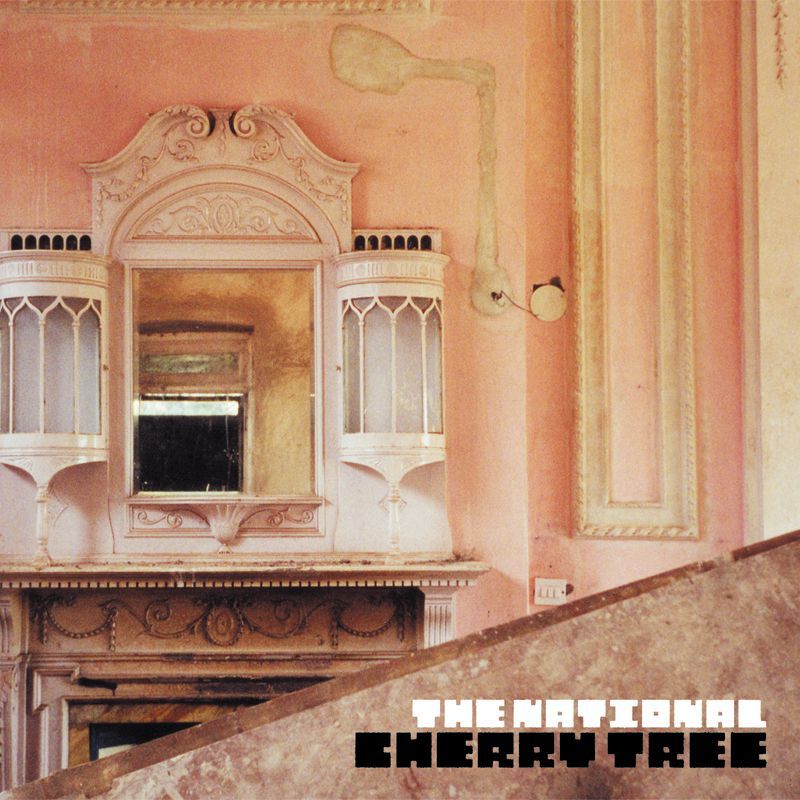-
Content Count
1538 -
Joined
-
Last visited
Posts posted by augurus
-
-

The Juan MacLean - Everybody Get Close
-
I disagree. The author equates Wilco and Feist's music with the established "meh" music of the 1970s, which led dissatisfied youths to embark on the Punk movement. He uses the names of new bands (the Pissed Jeans, etc) as a sign that there are signs of dissatisfaction with the "contemporary" music of today. However, because the music scene is so diverse and fragmented right now, people that would have upended the current "meh" music of Wilco and Feist in days gonebye can just ignore it and it will continue to exist.
This is not a complimentary piece on Wilco. Nor is it outright anti-Wilco. It's just agreeing that Wilco is "meh".
But the great “meh” remains in circulation, and Tweedy’s right that no amount of subtle, well-crafted twists on his format will entirely dispel it.
Yeah, I can't read. Nevermind. I'm totally wrong. In fact, that sentence means absolutely nothing. My mistake.
-

Lou Reed and Metallica - Lulu
Ugh, what a quagmire.
-
Most of Wilco's catalogue traverse mid-tempo rock. Even Tweedy proudly declares it in several concerts. What the writer is saying is that Feist and Wilco don't bring extremes to the forefront. It's not like Feist nor Wilco made a metal or disco album titled Wilco II: Electric Boogaloo. We have yet to see Wilco stray so far away from rock or country. They are firmly in place. They're somewhat mid-tempo and approachable. If anything, this article is trying to dispel the "meh" and "dull" tags from this mid-tempo country.
What that means: go read it again.
-
Pat loves Dungen enough to wear their shirt!
It's good to know someone in Wilco loves Dungen.
-
Also, which one of us is analogous to Ice-T? I don't know anyone in here that constantly exclaims "That's messed up!"
-

M83 - Hurry Up, We're Dreaming
-
This World: Spain's Stolen Babies, a new BBC documentary, claims the Catholic Church stole up to 300,000 Spanish Infants over a fifty year period, and sold through illicit adoption services.
~via MeFi
While I'm sure this has happened elsewhere, but I've never read about this on such a huge scale. Hooray for Statue Of Limitations.
-
This thread is the Law & Order of Via Chicago. It's gone on a hell of a lot longer than could have been imagined. Kudos, folks!
Wait, so, who's our version of Jerry Orbach and when is our version of Mariska Hargitay taking a maternal leave?
-
Wilco's Monday heard on Sunday Night Football. o.0
Then again, NBC doesn't get Monday.
-

Real Estate - Days

The Field - Looping State Of Mind
-
Review: critics, snobs, and even Wilco fans criminally underrate The Lonely 1.
-
What a classic album cover. Needs no introduction.
No. That's exactly the opposite of what we're doing in this thread. We can't naturally assume there's some sort of general consensus that everyone agrees. The last thing we want to do here is to intimidate a neophyte or a newcomer to the board.
That album is Joy Division's Unknown Pleasures. It's a superb album.
-

Future Islands - On The Water

Radiohead - TKOL RMX 1234567
-

James Blake - Enough Thunder [EP]
I think this is exactly the music I needed for this weekend.
-

I'm starting to miss this album a little bit more than I thought I would after seeing that puppy face album cover...
Don't judge me!

Björk - Biophilia
-

Zola Jesus - Conatus

DJ Shadow - The Less You Know, The Better
Wow, it is difficult to find a good image of this album cover.
-
Reminds me of Monday and Hoodoo Voodoo.
But my favorite moment is at the end of the second chorus where Jeff lets out that ferocious bark.
-
I keep getting the normal splash front page, not the stream. I gave them my email too.
-
From the Cleveland Scene - The first negative review I have seen.
LouieB
You can't really trust this supposed return to form from a band that has gotten a free pass for the past decade. Even though the cacophonous "Art of Almost" holds its own for a seven-minute opener — dig that thrashing Frippertronic ending — the organ-fronted "I Might," swaggering "Standing O," and sleazily lovely "Open Mind" could be considered hooky if only you could remember them in the morning. Unfortunately, the snoozy "One Sunday Morning (Song for Jane Smiley's Boyfriend)" is longer than all three put together. That's one of several long, slow stretches of broad strokes found on Wilco's eighth album. The Whole Love evaporates where even the least-interesting songs on 2009's Wilco (The Album) curled interestingly if you strained through the silence. You could throw out your back trying that trick here. — Dan Weiss
I'm still assured that any reviewer calling One Sunday Morning snoozy and or boring are just looking forward to the next Jonas Brothers or Miley Cyrus album. They're allowed to like them: they're just not allowed to have a qualified opinion.

-
How is it? I watched the film last night. Very interesting in the film concept and footage used; the segment where they covered the topic of the various drummers throughout their career was particularly amusing. I hope the DVD will have a bonus disc with full performances. On the downside, there doesn't seem to be anything too revelatory in what info was used in the film that hasn't already been mentioned throughout the years in news and magazine interviews. Still an entertaining viewing.
It just seems like a mess of a collection to soundtrack the movie. There's the live stuff and demo stuff placed against one another, and it's not like any of it is awful: just that as a whole, it doesn't feel right. Even as a Pearl Jam fan, the entire thing feels like a giant incohesive mess. Keep in mind I still haven't seen the documentary yet.
-
Pitchfork likened Capitol City to Hoagy Carmichael's music and I can see it.
I've also had several friends say it reminds them immediately of The Beatle's When I'm Sixty Four and For The Benefit Of Mr. Kite.
I think that this song is one of the strongest maneuvers Wilco has made, even more so than placing Art Of Almost on The Whole Love. Not only does the nostalgic show-tunes/carnival quality bleed through beautifully, but the schizophrenic mind-changing attitude comes through too. The song plays wonderfully on the contrast of the words and the music.
-

Gui Boratto - III

The National - Cherry Tree

Dan Deacon - Bromst

Dum Dum Girls - Only In Dreams
-

Mastodon - The Hunter

Wolves In The Throne Room - Celestial Linege
If you can't tell, it's metal Wednesday.

Luomo - Plus



"Indie Grown-Ups"
in Just A Fan
Posted
~via NPR